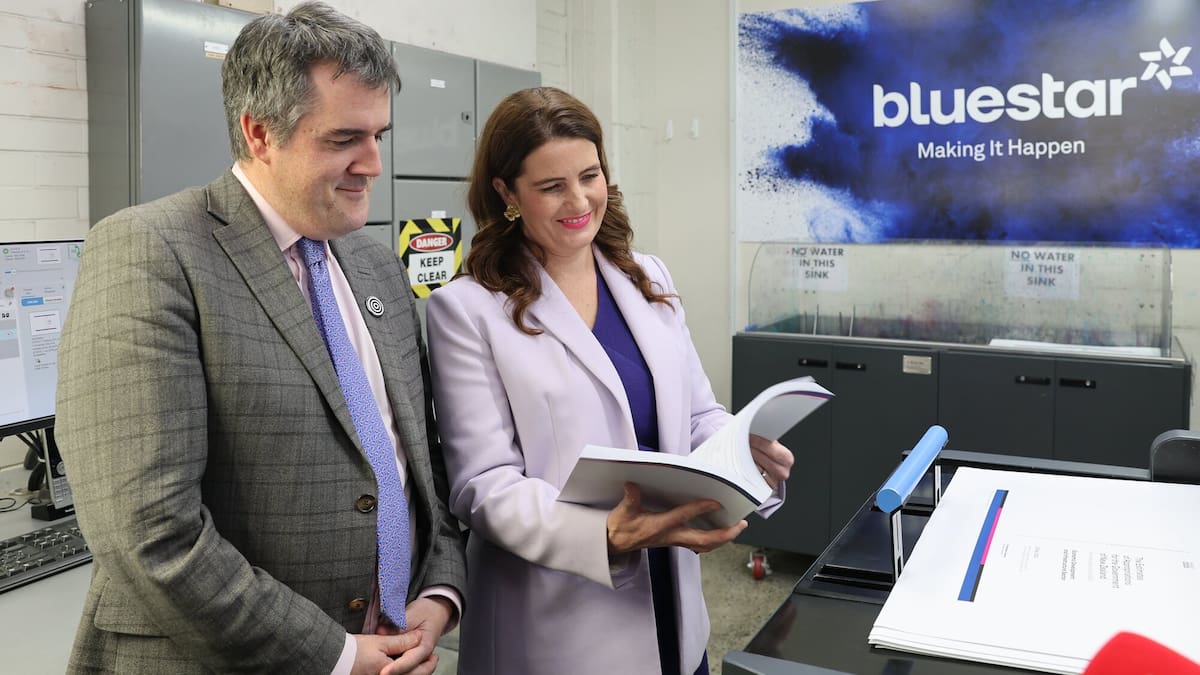“I don’t think we need it to ensure Māori are well represented around the council table,” Willis said.
Her colleague Chris Bishop will be voting “no” in the referendum on Hutt City Council’s Māori ward.
“I don’t think we should be segmenting people by race like that. We’re all New Zealanders and I think it’s better to have one standard of citizenship.”
Northland MP Grant McCallum has councils in his electorate with referendums, although the Kaipara District Council, where he lives, is not having a referendum.
Asked how he would vote if he could, McCallum took time to think before answering; “I think Māori are very well represented in Northland without needing a ward”.
New Plymouth MP David MacLeod told the Herald he would be voting to retain the Māori ward at the New Plymouth District Council.
Whangārei MP Shane Reti would not say how he would vote in Whangārei District Councils’ Māori ward referendum.
“That’s my own personal decision – I’ve certainly been lobbied by people in the constituency, people who are supporting and people who aren’t supportive,” Reti said.
Taupō MP Louise Upston said there were several councils in her electorate.
She said she “hadn’t seen my voting papers yet” and did not know whether her local council was holding a referendum on its ward.
NZ First MP Shane Jones, who lives in Kerikeri, noted that he had relatives running in his local elections.
“I’m in the privileged position of having a younger brother who is standing in the regional council, and Penetaui [Kleskovic], my lad running in the district council, and I’ve said to both of them, if you want the retention of the Māori to vote in the referendum.
Jones’ son, Kleskovic is a candidate in the Māori ward, although Jones said he himself is on the general roll.
He would not say how he would vote in the referendum.
“My vote is very tapu, it is behind the veiled curtain,” he said.

